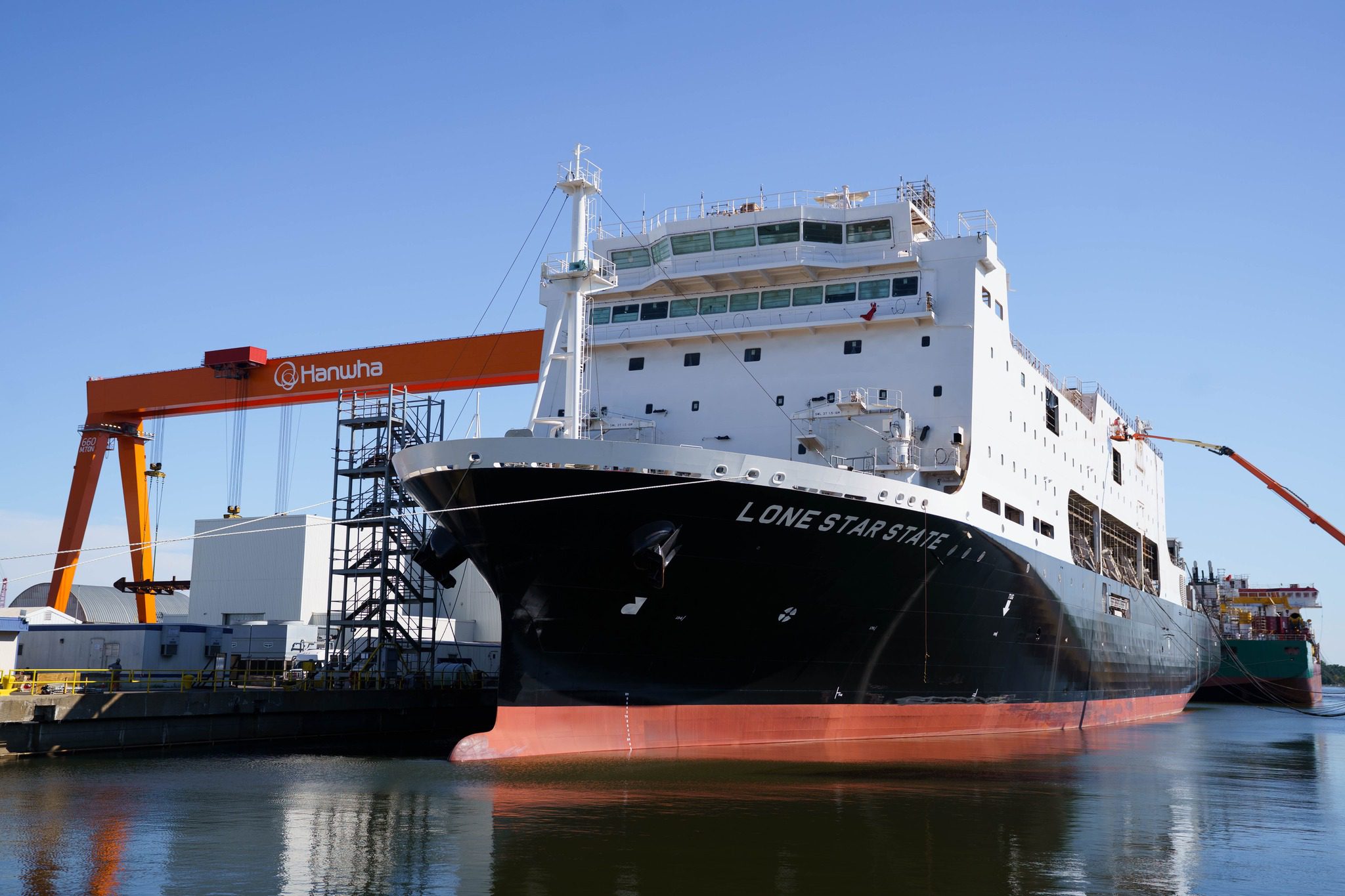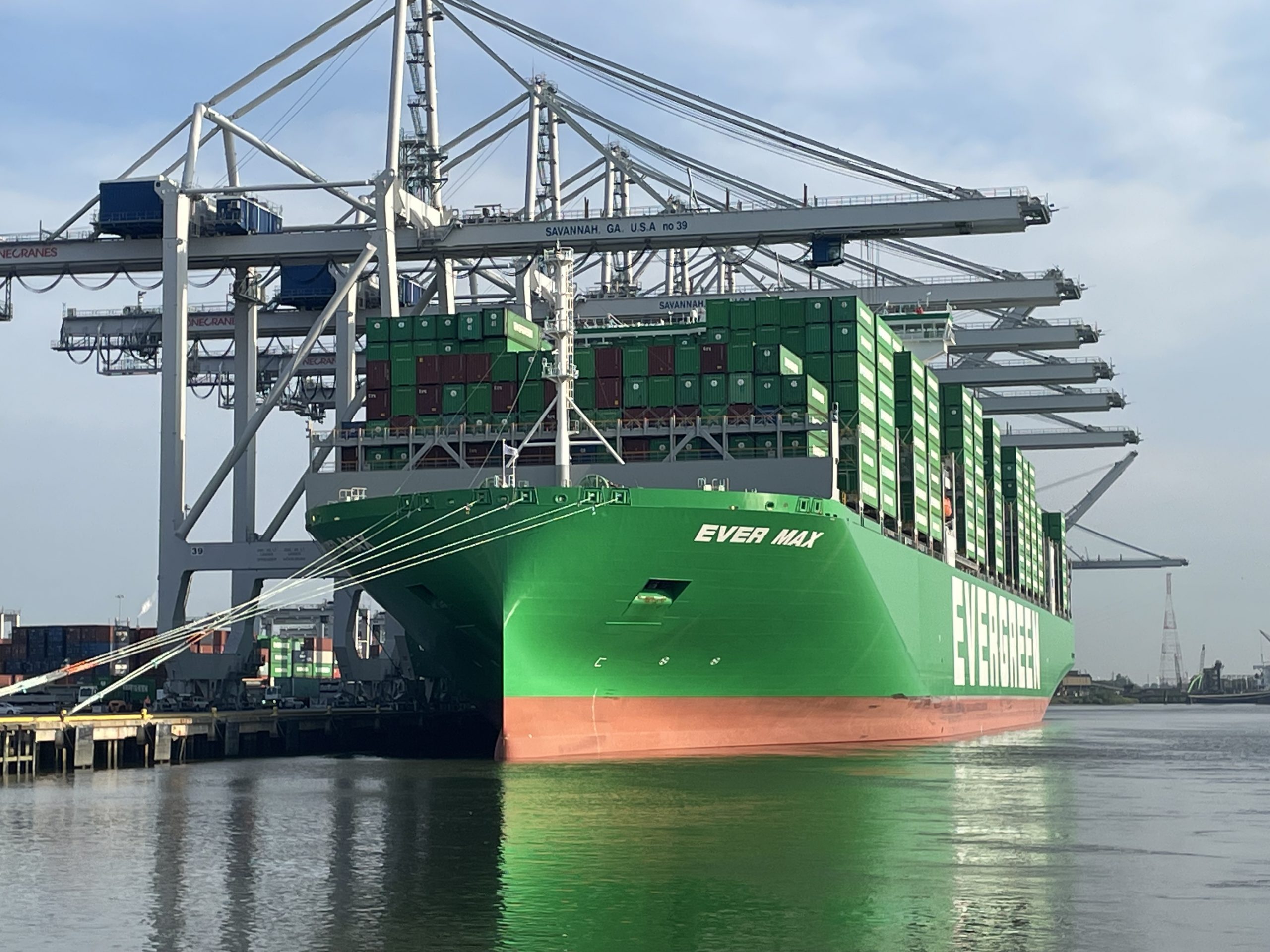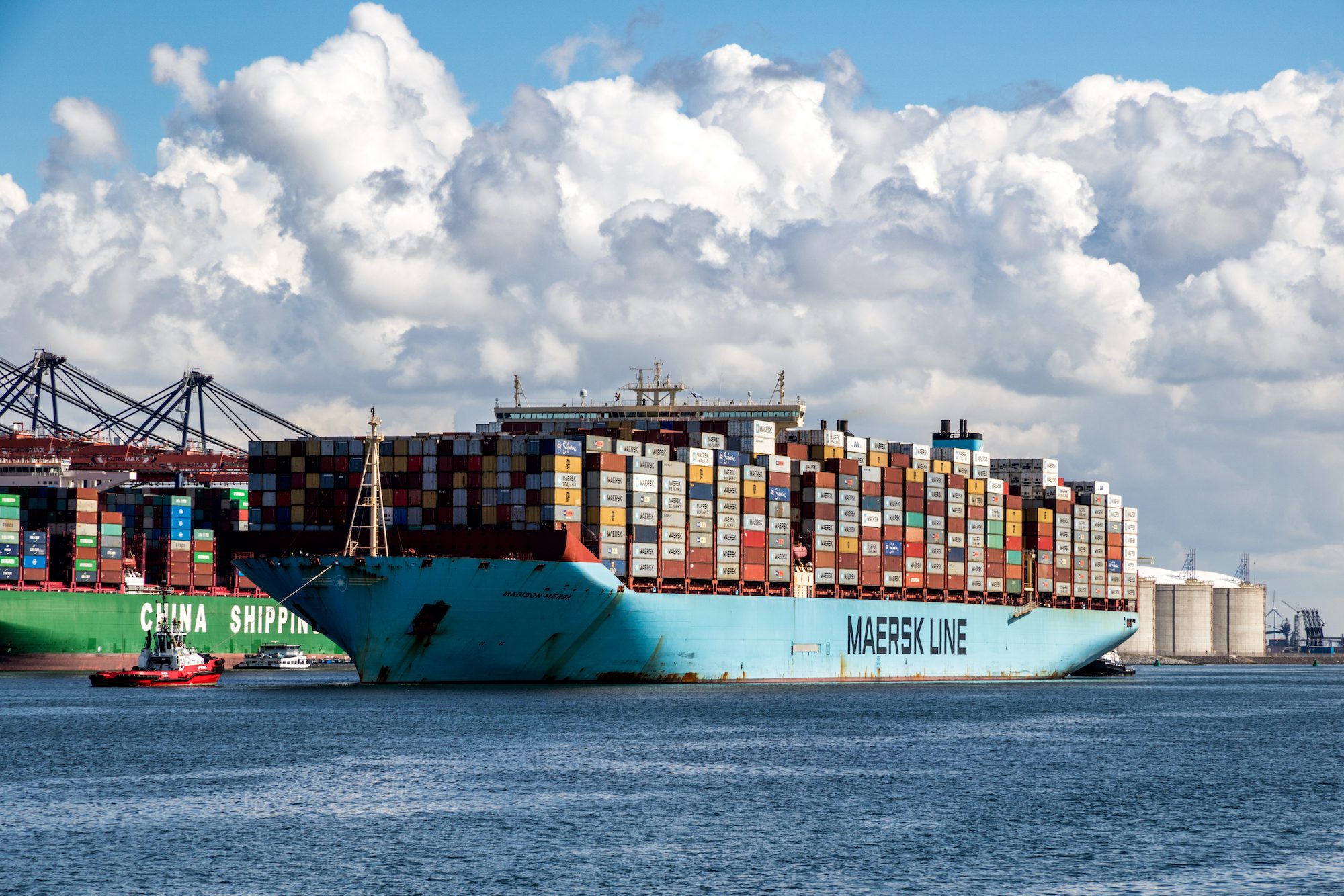U.S. Trade Representative Jamieson Greer is responding to China’s sanctions against companies supporting U.S. shipbuilding revitalization efforts, calling the move part of a broader pattern of economic coercion.
“China’s recent retaliatory actions against private companies across the globe is part of a broader pattern of economic coercion to influence American politics and control global supply chains by discouraging foreign companies from investing in America’s shipbuilding and other critical industries,” Greer said.
The sanctions, announced by Beijing last Tuesday, came as the U.S. and China began charging additional port fees on each other’s vessels in the latest exchange of a protracted trade war between the world’s two largest economies.
South Korea has pledged $150 billion in investment to help revitalize American shipbuilding under the banner “Make America Shipbuilding Great Again,” part of President Donald Trump’s push to restore “maritime dominance” and close the gap with China’s dominant shipbuilding sector.
The Chinese sanctions specifically target Hanwha Ocean’s U.S.-linked units, including Philly Shipyard in Philadelphia, which Hanwha acquired last year.
South Korean officials have acknowledged that the sanctions would create challenges for the shipbuilding partnership. “I don’t see how we can make all the materials and supplies for Philly Shipyard within the U.S.,” said Seok Jong-gun, South Korea’s Minister of Defense Procurement Program Administration, in a parliamentary hearing last Friday.
Hanwha also operates a shipyard in China’s Shandong province that builds ship component modules for final assembly in South Korea.
One South Korean lawmaker estimated the Chinese sanctions would cost Philly Shipyard $60 million over the next two years, citing likely supply disruptions and delayed vessel deliveries.
Hanwha USA said in a statement that it was reviewing the details of China’s announcement and added: “Hanwha will continue to provide world-class maritime services to our customers, including through our investments in the U.S. maritime industry and via Hanwha Philly Shipyard.”
Ambassador Greer emphasized that intimidation tactics would not deter U.S. efforts. “Attempts at intimidation will not stop the United States from rebuilding its shipbuilding base and responding appropriately to China’s targeting of critical industrial sectors for dominance,” he said.
Hanwha’s South Korean competitors, HD Hyundai and Samsung Heavy Industries, are also eyeing projects to rebuild U.S. maritime capabilities, including work to build and maintain navy vessels.
Editorial Standards · Corrections · About gCaptain

 Join The Club
Join The Club











